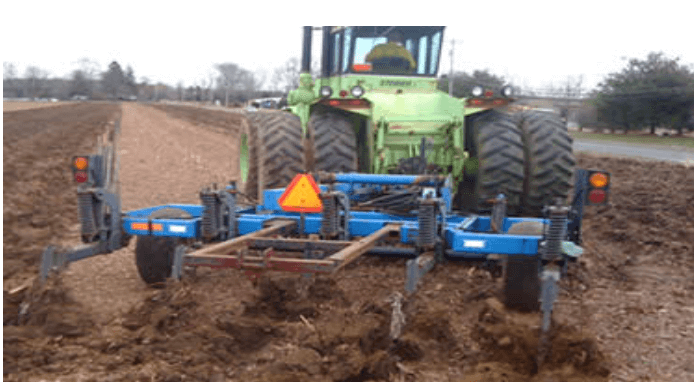The Importance of High-Quality Soil Pans in Geotechnical Testing

Geotechnical testing forms the foundation of various construction and engineering projects, providing essential insights into soil properties and behavior. At the heart of these tests lie soil pans, humble yet vital containers that hold soil samples during collection, transportation, and analysis. While often overlooked, the quality of soil pans can significantly impact the accuracy and reliability of test results, making them a critical consideration for any geotechnical endeavor.
Why Soil Pans Matter:
- Sample Integrity: High-quality soil pans ensure that soil samples remain intact and undisturbed throughout the testing process, minimizing the risk of contamination or alteration.
- Accuracy of Results: Properly collected and preserved soil samples lead to more accurate test results, enabling engineers to make informed decisions regarding site suitability, foundation design, and construction techniques.
- Consistency and Reproducibility: Standardized soil pans help maintain consistency across tests and allow for the reproducibility of results, essential aspects of scientific inquiry, and quality assurance.
- Durability and Longevity: Well-constructed soil pans are durable enough to withstand the rigors of fieldwork and laboratory procedures, offering long-term reliability and cost-effectiveness.
Read also: Unleashing Pugcoin: The Bold New Leader in the Meme Coin Market
Choosing the Right Soil Pans:
- Material Quality: Opt for soil pans made from high-grade materials such as stainless steel or durable plastics, ensuring resistance to corrosion, deformation, and chemical reactions.
- Size and Design: Select soil pans that accommodate the volume and type of soil samples typically encountered in your projects, considering factors such as depth, diameter, and shape for optimal functionality.
- Compatibility: Ensure compatibility with testing equipment and procedures, such as sieves, ovens, and moisture content tests, to streamline workflows and maximize efficiency.
- Certifications and Standards: Look for soil pans that meet relevant industry standards and certifications, indicating compliance with quality assurance protocols and best practices.
FAQs (Frequently Asked Questions):
Why are soil pans necessary for geotechnical testing?
- Soil pans provide a secure and stable environment for soil samples, preventing contamination and preserving their integrity throughout the testing process.
Can I use any container as a soil pan?
- While makeshift containers may suffice in some cases, dedicated soil pans are designed specifically for geotechnical testing, offering features such as standardized dimensions and material properties to ensure accuracy and consistency.
How do I clean and maintain soil pans?
- Clean soil pans thoroughly after each use to remove any residues or contaminants, and store them in a dry, controlled environment to prevent degradation and maintain their longevity.
Are there different types of soil pans available?
- Yes, soil pans come in various sizes, shapes, and materials to suit different testing requirements and preferences. Common options include stainless steel pans, plastic trays, and disposable containers.
Conclusion:
In the realm of geotechnical testing, the importance of high-quality soil pans cannot be overstated. These essential components play a pivotal role in ensuring the accuracy, reliability, and integrity of soil testing results, making them indispensable tools for engineers, researchers, and construction professionals. When selecting soil pans for your projects, prioritize quality, compatibility, and adherence to industry standards to maximize the value they bring to your certifiedmtp.com.




